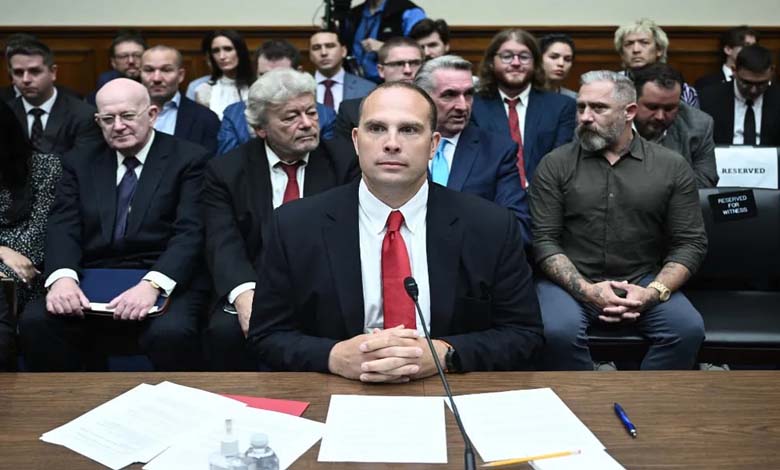Dead Tweets Stir Controversy in U.S. Congress: Messages from Beyond the Grave

In an age where the line between life and death is increasingly blurred on social media, a new and disturbing phenomenon has emerged in the United States.
According to Politico, some U.S. lawmakers who have passed away are still active online—at least in appearance. Their official accounts continue to post, like, and comment as if they had never died.
The issue came to light when the Instagram account of late Representative Sheila Jackson Lee (Democrat, Texas) liked a post congratulating Zohran Mamdani on his victory in the New York City primaries—despite her passing in July.
The interaction was first flagged by the Dear White Staffers account, which tracks insider activity in Congress. It wasn’t an isolated incident, but rather part of a larger pattern of so-called “digital activity from beyond the grave,” involving profile updates and apparent political endorsements.
-
U.S. Congress Moves Closer to Designating Muslim Brotherhood as Terrorist Organization
-
Netanyahu Will Not Address Congress Amid Rising Biden Pressures
For example, the account of Representative Sylvester Turner—who temporarily filled Jackson Lee’s seat before dying in March 2025—updated its profile photo on X three weeks after his death, posting a congratulatory message for the start of baseball season.
The post, which included a death notification, shocked followers and raised questions about why the official accounts of deceased lawmakers remain active.
-
Details of Washington’s Diplomatic Return Plan to Libya on Congress’s Agenda
-
The U.S. Congress Discusses Scenarios for American Presence in Iraq
In another case, the accounts of the late Representative Gerry Connolly (Democrat, Virginia) resumed activity after his death in May, promoting voting in the special election to fill his seat. Some voters even received campaign mail encouraging them to support his preferred successor, James Walkinshaw. Those messages were later deleted after public backlash.
While some profiles—like those of Connolly and Turner—note they are now managed by family members (as shown in a promotional video by Turner’s daughter), the political use of deceased individuals’ digital presence is not new. Two weeks after former presidential candidate Herman Cain died from COVID-19 in 2020, his Twitter account resumed activity, posting attacks on Joe Biden and spreading conspiracy theories about the virus.
-
Congress rejects resolution restricting support for Israel
-
Washington approves an emergency missile deal for Israel without Congressional review
Politico notes that the American political system lacks clear institutional guidance for handling this kind of digital legacy. When a member of Congress dies, their office typically remains open to serve constituents—but no protocols govern the management of their social media accounts, especially campaign-related ones, creating a dangerous legal gray area.
Zach Brown, former communications director for the late Congressman Don Young (who died in office in 2022), confirmed there are no official mechanisms for transferring or deactivating these accounts—despite existing rules about the kind of content that can be posted.
-
Congress votes on project to rescue the United States from Federal Shutdown
-
“We support you but we won’t help you” Congressional Republicans fail Zelensky
Brown added that this digital oversight contrasts sharply with the careful archiving of physical office records, leaving security gaps where former staffers can continue to post in a late lawmaker’s name.
He emphasized that the failure to address this issue isn’t just a technical problem—it undermines the service provided to constituents and violates the principles of public record-keeping, which are rigorously enforced in the physical world.
-
U.S. Congress considers designating the Houthi militia a Terrorist Organization
-
Washington’s silence confuses allies: Is the U.S. pulling out of Europe?












